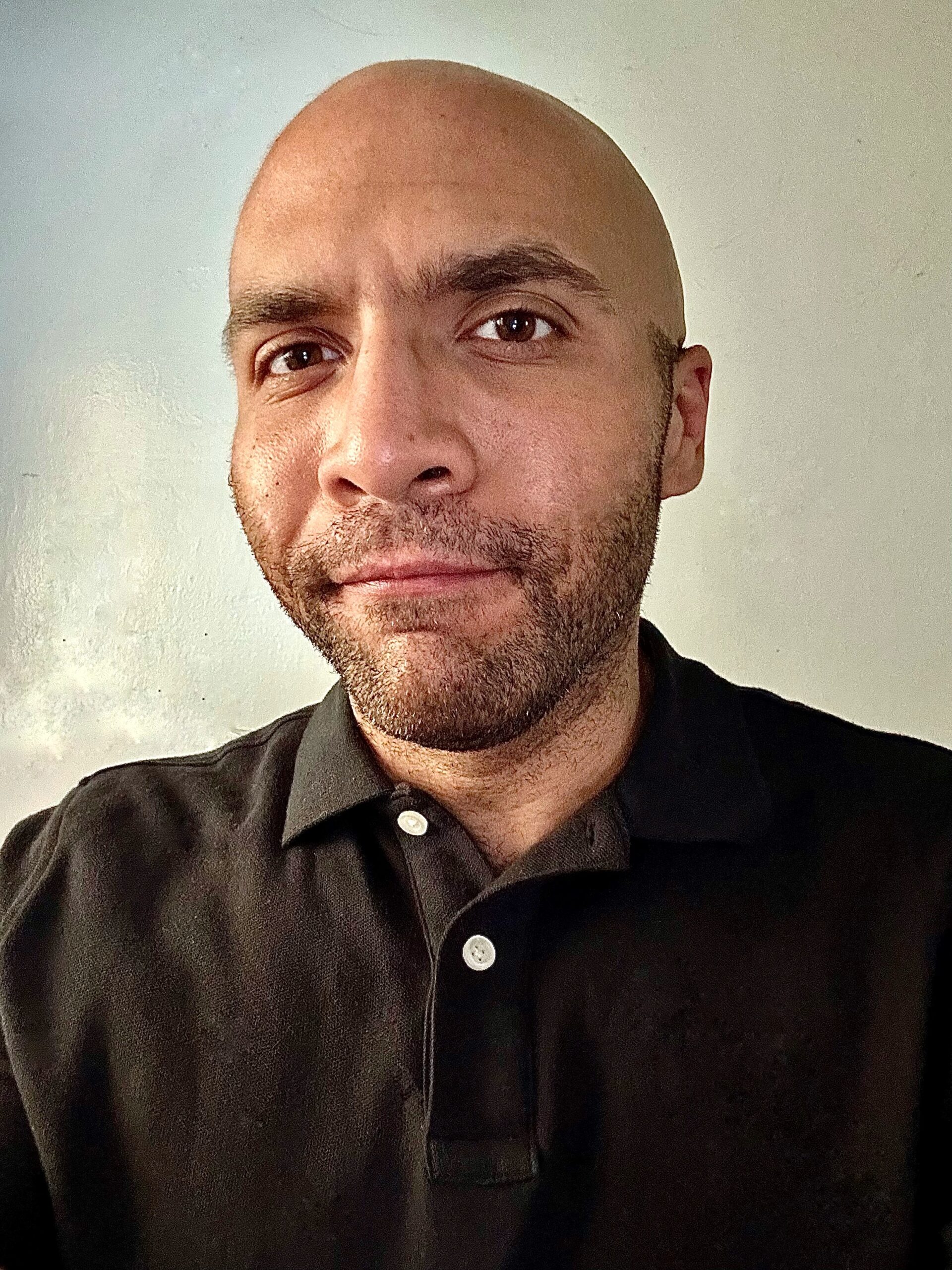Rosh Hashanah, the Jewish New Year, represents fresh starts. The booming sound of the shofar, the warm gathering of friends and family, and the communal union of prayer all invite us to pause and think about where we have been over the past year and where we want to go in the year to come.
Many of us consider this time a chance to reflect on our mistakes and set resolutions for the year ahead. While this is true, there is another side to this holiday. The Jewish New Year is a chance for all of us to recognize the unique gifts we each carry and to ask how we can bring them into the world in this coming year and for years to come.
Our tradition encourages us to do what is called a cheshbon hanefesh, or an “accounting for the soul.” This means looking candidly at our lives and asking where and how we can grow. So often we focus on our shortcomings, but it is equally important to take stock of our strengths.
The Torah says, “The thing is very close to you, in your mouth and in your heart, to observe it” (Deuteronomy 30:14). In other words, the ability to live a good and meaningful life is already inside us. Rosh Hashanah is simply a reminder to notice what is already there and use it.
One of Judaism’s most beautiful ideas is that no two people are the same. The Talmud teaches that when someone makes coins, they all look identical, but when God creates people, each one comes out different (Sanhedrin 37a). Our differences, our unique traits, are not a flaw; they are part of the Divine plan. This means your perspective, your talents, and your way of being matter. Nobody else can bring the exact same gifts that you can, and there are few things more beautiful than this reality.
Furthermore, in addition to recognizing our abilities, Rosh Hashanah also compels us put them to use. We as Jews often talk about tikkun olam, repairing the world, which is a concept that can sound overwhelming, but it often begins with simply offering the gifts we already have.
The Torah gives an example in the story of Bezalel, the craftsman chosen to build the mishkan, the portable sanctuary in the desert. He was described as being filled with wisdom and artistry, and he used those talents for something holy (Exodus 31:1–6). His gift was not general leadership or teaching, but rather design and creativity, and that was exactly what the community needed from him.
Our sages also recognized that we have the capacity to contribute in different ways. Rabbi Yochanan ben Zakkai praised each of his students for different strengths: one had a good heart, another had deep wisdom, and another could see the long-term impact of choices. Each quality was valuable and contributed to the collective whole.
So what might it look like to do our own soul-accounting this Rosh Hashanah? Here are a few questions to sit with:
What comes naturally to me?
What makes me feel alive?
How have I been holding back my gifts?
How can I use my strengths in service of others this year?
We can also seek guidance through Jewish mysticism. The Zohar teaches that every soul has its own spark of divine light and therefore its own Divine path. The world needs every spark because only together do they create a whole flame.
What does this mean? It means that hiding your talents is not humility, it is withholding light. The shofar on Rosh Hashanah reminds us of this. Every blast sounds different: some are long and steady, others are short and broken. Yet together, they form the music that stirs our souls. Your gifts are a part of that music.
Rosh Hashanah is about more than regret or resolutions; it is about stepping into beautiful possibility. It is about claiming the image of God within us and using it to create the world in which we desire to live. This year, may you embrace your Divine gifts. May you see your individuality as sacred and may the sound of the shofar call you to share the light that only you can bring.
Shanah Tovah.








